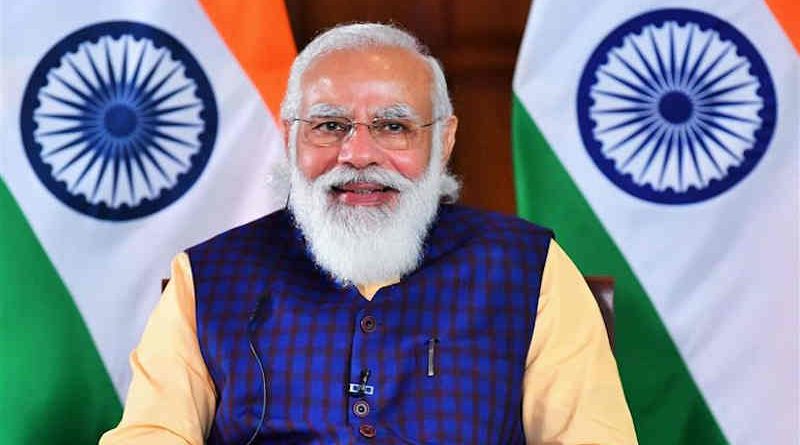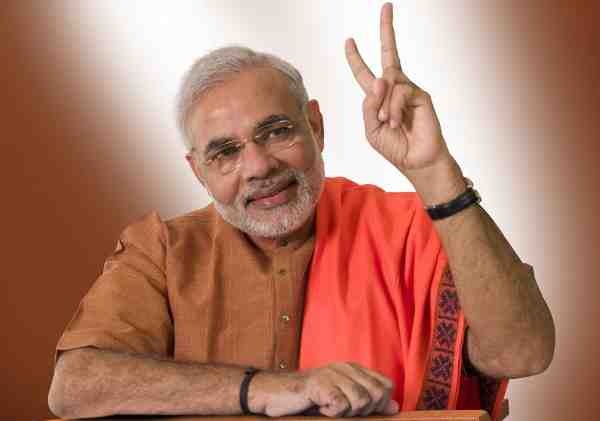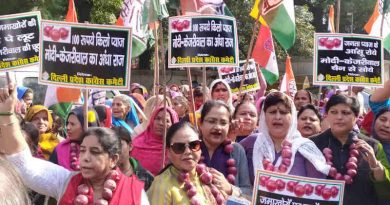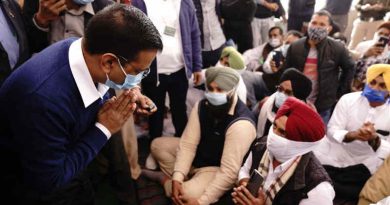India Loses Its Status of Electoral Democracy Under Modi: Global Report
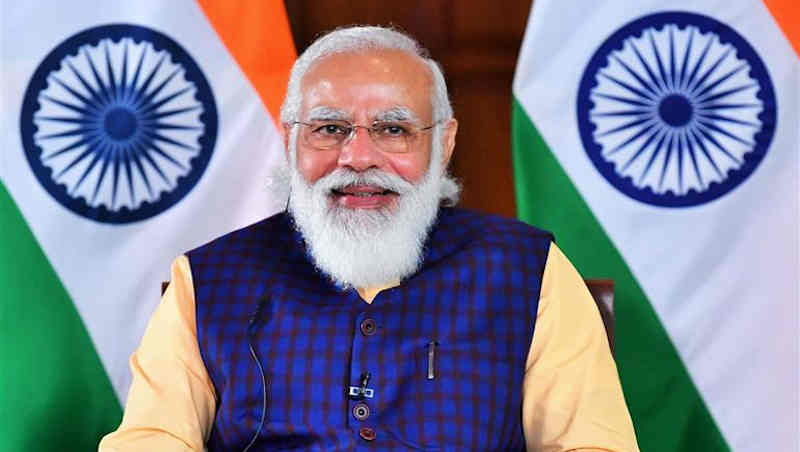
The main reasons for the increasing authoritarianism in India are the complicity of courts and police, weak political opposition, flawed election processes, illiteracy of voters, extreme corruption, and extinction of parliamentary systems.
By Rakesh Raman
Democracy Report 2021, the fifth annual report from the V-Dem Institute, reveals that India has lost its status as an electoral democracy, as the government led by Prime Minister (PM) Narendra Modi is imposing various restrictions on multiple facets of democracy such as civil society and free speech.
The V-Dem report – released on March 11 – says that Modi led his Bharatiya Janata Party (BJP) to victory in India’s 2014 elections and most of the decline occurred following BJP’s victory and their promotion of a Hindu-nationalist agenda.
The V-Dem report comes close on the heels of the Freedom House research report “Freedom in the World 2021: Democracy under Siege” which has downgraded India’s status from “Free” to “Partly Free” due to the authoritarian actions of PM Modi and his Hindu nationalist government.
Since the Modi government is hell-bent to destroy democracy, it is expected that it will use some complicit bureaucrats to dismiss the findings of the V-Dem report, as it has done to discredit the Freedom House report.
Often, the Modi government – which is clueless about global affairs and believes that it is its right to commit human rights violations – counters criticism by saying that international agencies and foreign governments should not interfere in its internal affairs.
The naive Modi government fails to understand that human rights and democratic principles are universal affairs which should be addressed by the international agencies, particularly when the local courts are not functioning honestly and policemen are operating as gangs of goons.
Recently, in a debate held in the House of Commons on March 8, a number of British MPs also raised serious concerns over the dictatorial rule of PM Modi in India. Almost all – 17 out of 18 MPs – concluded in about 90 minutes of discussion which was streamed live that Modi and his colleagues in BJP have completely destroyed democracy in India.
The main reasons for the increasing authoritarianism in India are the complicity of courts and police, weak political opposition, flawed election processes, illiteracy of voters, extreme corruption, and extinction of parliamentary systems.
According to the V-Dem report, India’s level of liberal democracy – which registered at 0.34 by the end of 2020 after a steep decline since its high at 0.57 in 2013 – has witnessed a dramatic shift towards autocracy. Notably, according to the report, the autonomy of the election management body is found in the top group. This captures a severe depreciation since around 2013 and signals the decline in the quality of critical formal institutions.
The overall freedom and fairness of elections (“Elections free and fair”) also was hard hit, with the last elections held under Prime Minister Modi’s reign in 2019, precipitating a downgrading to an electoral autocracy.
Yet, the diminishing of freedom of expression, the media, and civil society have gone the furthest. The Indian government rarely, if ever, used to exercise censorship as evidenced by its score of 3.5 out of 4 before Modi became Prime Minister. By 2020, this score is close to 1.5 meaning that censorship efforts are becoming routine and no longer even restricted to sensitive (to the government) issues.
According to the report, India is, in this aspect, now as autocratic as is Pakistan, and worse than both its neighbors Bangladesh and Nepal. In general, the Modi-led government in India has used laws on sedition, defamation, and counter-terrorism to silence critics.
For example, over 7,000 people have been charged with sedition after the BJP assumed power and most of the accused are critics of the ruling party. The law on defamation, upheld in India’s Supreme Court in May 2016, has been used frequently to silence journalists and news outlets that take exception to policies of the BJP government.
The punishments for critical messaging range from two years in prison to life imprisonment for “words, spoken or written, or signs or visible representation that can cause “hatred or contempt, or excites or attempts to excite disaffection” toward the government.
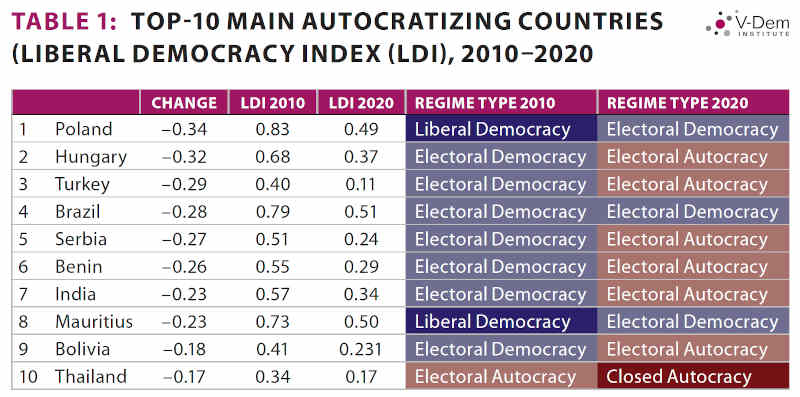
The report further claims that Modi and his party have also placed constraints on civil society and have gone against the Indian Constitution’s commitment to secularism. Recently, the Unlawful Activities (Prevention) Act (UAPA) from 1967 and amended in August 2019 is being used to harass, intimidate, and imprison political opponents, as well as people mobilizing to protest government policies.
The UAPA has also been used by the Modi government to silence dissent in academia. Universities and authorities have also punished students and activists in universities engaging in protests against the Citizenship Amendment Act (CAA). The CAA was passed by India’s parliament in December 2019.
It makes it possible for illegal immigrants that are Hindu, Sikh, Buddhist, Jain, Parsi or Christian to become citizens while denying it to Muslims. Arguably, the bill violates the Indian Constitution, which prohibits discrimination by religion.
The V-Dem report says that civil society is also being muzzled in the autocratization process in India. The indicators gauging the level of repression of civil society organizations (CSO) and the government’s control of which organizations are allowed to exist (“CSO entry and exit”) capture that severe deterioration.
Meanwhile, civil society organizations aligning themselves with Modi’s lawless Hindutva movement have gained more freedom. Modi’s BJP government has increasingly used the Foreign Contributions Regulation Act (FCRA) to restrict the entry, exit and functioning of civil society organizations. The FCRA was amended in September 2020 to further constrain the use of foreign contributions to NGOs within India.
These developments are among the instances contributing to the descent into electoral authoritarianism in what used to be the world’s largest democracy, the V-Dem report says. The V-Dem Institute is an independent research institute. The Headquarters of the project is based at the Department of Political Science, University of Gothenburg, Sweden.
By Rakesh Raman, who is a national award-winning journalist and social activist. He is the founder of a humanitarian organization RMN Foundation which is working in diverse areas to help the disadvantaged and distressed people in the society.

